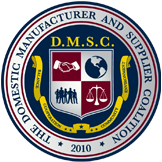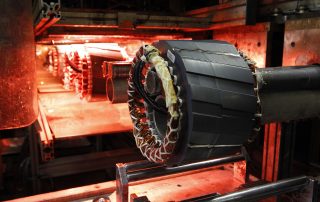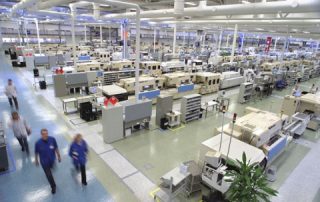United States: Re-shoring Is Gaining Momentum
Posted by: Jessica Chambelrin – The D.M.S.C
Article by Robert J. Vechiola
More than a decade after the outsourcing trend reached its peak, a new trend, reshoring, is quickly gaining momentum in the manufacturing industry. For a variety of reasons, manufacturers are bringing production and the associated jobs back to the U.S., and the potential benefits to manufacturers, and the U.S. economy, are significant.
Several studies recently analyzed reshoring trends, and the number of companies looking to join the reshoring movement is remarkable. According to the Boston Consulting Group, 70% of U.S.-based manufacturers found sourcing in China more costly than they had anticipated; 92% believe Chinese labor costs will continue to rise; and a third of those with annual sales over $1 billion are planning or considering moving large-scale production from China to the U.S.
Grant Thornton states that more than one-third of U.S. businesses will probably move goods and services work back to the U.S. in the next 12 months. Places “closer to home,” like Mexico, Latin America, and Canada, are likely landing spots for another similarly sized group of businesses.
The Massachusetts Institute of Technology (MIT) found that 33.6% of the 340 respondents in its survey, including 198 manufacturing-only companies, were considering bringing manufacturing back to the U.S., with 15.3% definitely planning to reshore.
Reshoring involves more than just simply relocating facilities to the U.S. While reshorers typically compare relative costs before making their move, rarely do they understand that reshoring can involve an entity-wide restructuring and reorganization. If not handled adroitly, these challenges could cause major disruption and potentially threaten the enterprise.
As Frank Russo, CEO of Fabricating.com, pointed out in IndustryWeek, reshoring has impacts across all levels of the supply chain, and there is a need to rebuild a stronger U.S. supplier network.
With myriad details—such as timing existing contracts, maintaining inventory levels during the transition, staffing the new workforce, transporting various resources, and enforcing intellectual property rights overseas—involved in reshoring, companies should be prepared to address U.S. regulatory and legal requirements early in the process.






